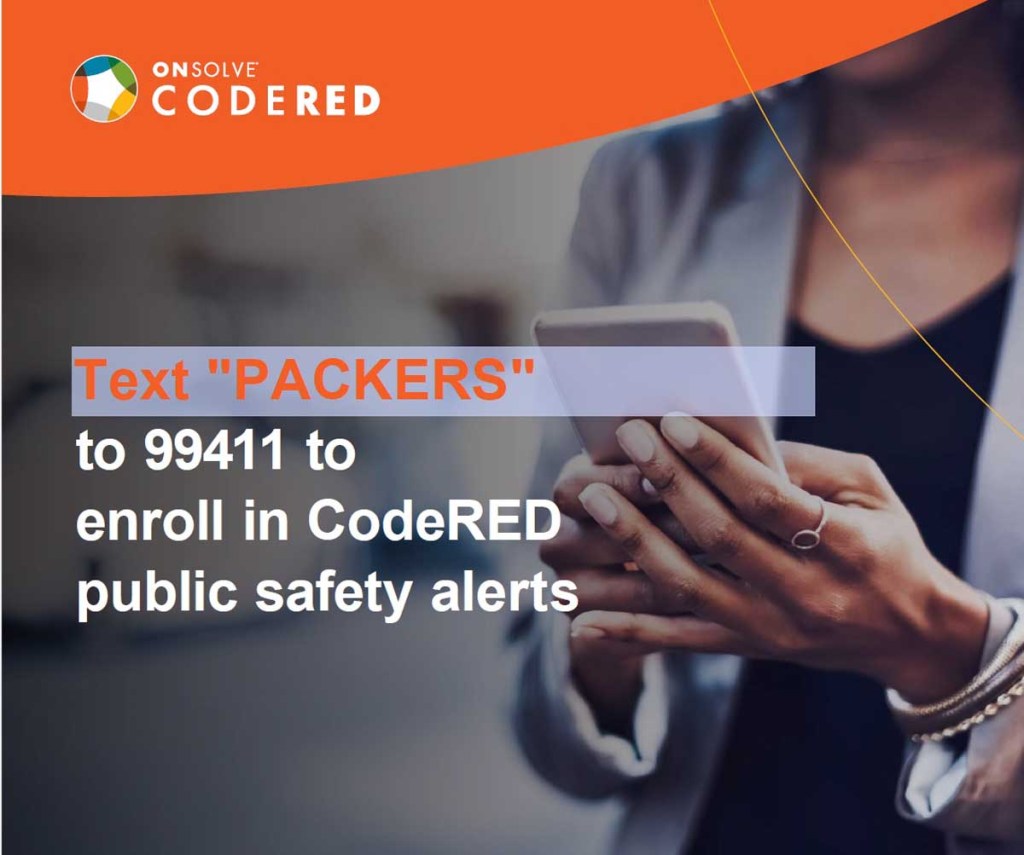National Weather Service predicts “above-normal” hurricane season
Published 7:30 am Tuesday, June 11, 2024

- CodeRed sign-up
MOULTRIE — The National Oceanic and Atmospheric Administration recently predicted an above-normal hurricane season for the Atlantic Hurricane season that started June 1.
According to the NOAA website, “NOAA is forecasting a range of 17 to 25 total named storms. Of those, 8 to 13 are forecast to become hurricanes, including 4 to 7 major hurricanes. Forecasters have a 70% confidence in these ranges.”
Trending
Justin Cox, Colquitt County Emergency Management Agency director, said the one “unpredictable” thing is that the National Weather Service can’t determine how many hurricanes will actually make landfall.
NOAA said La Niña in the Pacific Ocean and warmer-than-average ocean temperatures in the Atlantic are driving the expectation of above-average hurricane activity.
“Prepare, prepare, prepare. and sign up for CodeRed,” Cox said.
Residents of Colquitt County can sign up for the free CodeRed alert system, a high-speed emergency mass notification system provided by OnSolve, on the County’s website or by texting “PACKERS” to 99411. It will provide weather alerts and other warnings from the county.
At a recent presentation to the Kiwanis Club of Moultrie, Cox included information about what differentiates a tropical storm from a hurricane — tropical storms have sustained winds of 39-73 mph and hurricanes have sustained winds of 74 mph or more. He also differentiated between a watch and a warning, issued by the National Weather Service. A watch means conditions are favorable for a hurricane and a warning means that it’s happening.
FEMA Deputy Administrator Erik A. Hooks said, recently, at a briefing to the media, “This hurricane season, we want to make sure everyone is ready and equipped with their evacuation plans. We want people to know where to go, what to bring, and where to get good information.”
Trending
During the briefing, Hooks debuted FEMA’s “Be in the Know” campaign, which gives four steps for preparedness:
- Know Your Risk – Identify the specific hazards you face, which can vary according to the community in which you live.
- Know When and Where to Go – Make an evacuation plan and learn your state and local evacuation zones by visiting your state and county emergency management websites. Download the FEMA App to use the Text-to-Shelter feature, which can let you know how to find shelter during an evacuation by texting “shelter” and your ZIP code to 43362.
- Know What to Bring – Build a go-bag with all the essentials you might need. Before a disaster strikes, knowing what to bring will help you evacuate quickly and safely.
- Know Your Information Sources – Identify where you can access reliable information so you can make informed decisions before, during, and after a disaster. Subscribe to alerts from FEMA, your local emergency management agencies and the National Weather Service to stay informed on safety procedures and updates.
If a hurricane disaster does happen, affected Colquitt County residents and evacuees from affected areas can count on the local chapter of the American Red Cross to spring into action and provide assistance.
“The Red Cross is ready. We’ve pre-positioned supplies, identified shelters, and trained volunteers are good to go,” said Jackie Shoemaker, executive director of the South Central Georgia Chapter of the Red Cross.
The American Red Cross website gives a list of the basic survival supplies to have in an emergency kit, ready in the event of a hurricane.
Some of the things included on the list are water (one gallon per person, per day for two weeks), non-perishable, two-week supply of easy-to-prepare food, a flashlight, extra batteries, battery-powered weather radio, first aid kit, medications, personal hygiene items, extra cash and copies of personal documents like birth certificates and insurance policies.
“You can be prepared, too, by reviewing the Red Cross Hurricane Preparedness Checklist online. Know where to go, think about your pets, and secure anything loose outside your house. I also recommend downloading the Red Cross Emergency app,” Shoemaker said.
The Red Cross free app can be downloaded to a smart phone or tablet and it gives the locations of shelters and other useful information during a hurricane event.
“And if you have time, you can still volunteer or donate. It’s a long hurricane season. Everything you need can be found at RedCross.org,” she said.


